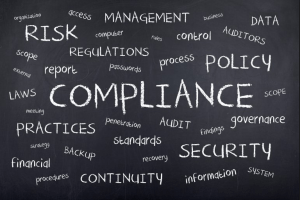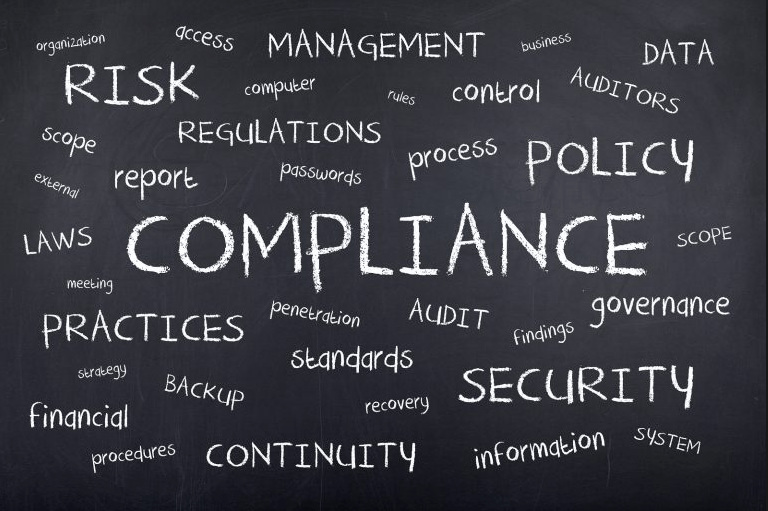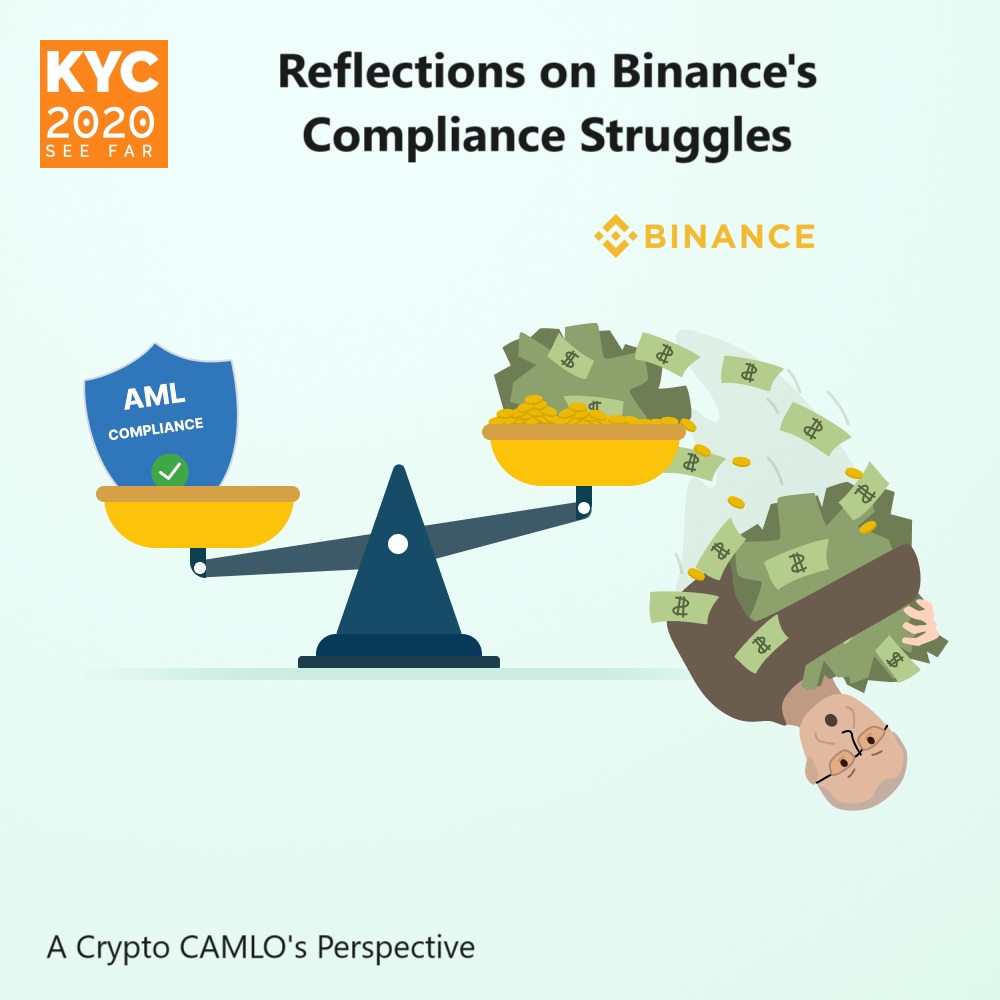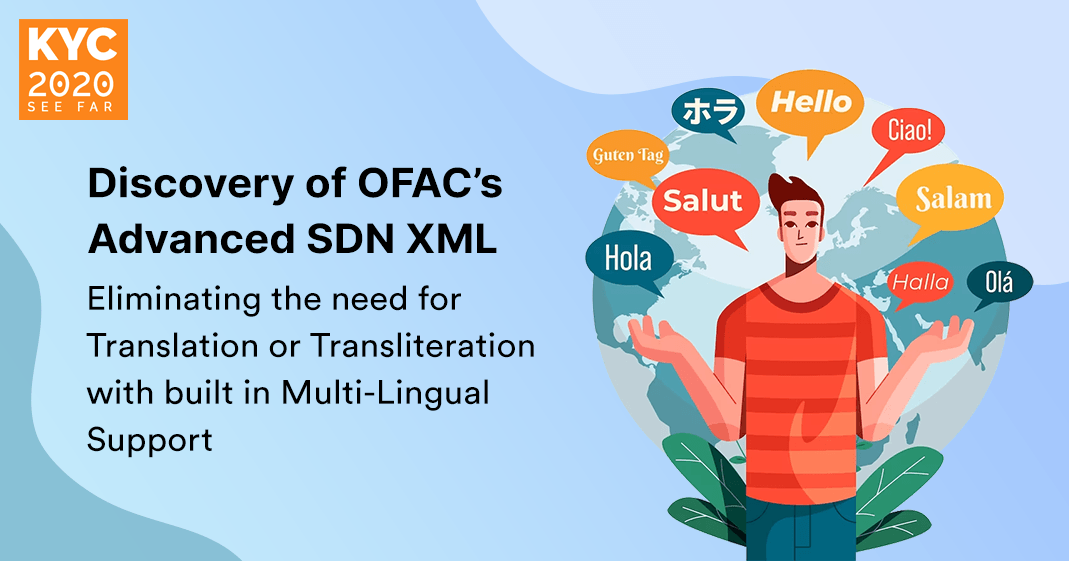
For more than 30 years, the Financial Action Task Force (FATF) has been the global standard by which many countries have wholeheartedly adopted the measure to combat Money Laundering and Terrorist Financing(ML/TF). Since the FATF first started in the late 1980’s, many countries have come a long way in adopting FATF regulations and limiting the spread of ML/TF. While the primary G37 members have strict adherences and enforcement to the FATF 40 “Recommendations”, other members follow the guidelines with more leniency. When FATF was first founded, there were only 7 pages of the 40 “Recommendations”. A mere 7 pages! On the other hand, there are now a staggering 127 pages printed In the recently published June 2019 version of the “Recommendations”. Let that sink in.
Similarly, the original version only mentioned “policies” once, while in the latest version these policies are mentioned 30 times. This means that new “policies” were added almost 10 times per decade, resulting in about 42 new pages per decade. This progression is not lost on most Compliance Officers, nor is it unexpected whenever regulations come into play. So, when one may I ask, “Why is an AML Policy so important?” The answer to the question comes down to, its required by law!
Seriously though, WHY! Apart from the legal aspect there are many more important reasons why AML policy is becoming so crucial. To be able to combat ML/TF risk, one needs to understand the risk which can come from all types of criminal individuals and organizations. From the lone wolf to the entrepreneurial criminal enterprises, criminals launder trillions of dollars in drugs, human trafficking, bribery and the like according to a UN study in 2011. The FATF states “The possible social and political costs of money laundering, if left unchecked or dealt with ineffectively, are serious. Organized crime can infiltrate financial institutions, acquire control of large sectors of the economy through investment, or offer bribes to public officials and indeed governments.”
For some companies it can be complicated to build and maintain an AML Policy. AML regulations are constantly being updated as seen by the FATF example over a 30+ year period. In addition, some of these businesses operate in more than one jurisdiction, and often there is more than one regulator. If you think you have what it takes to build your own AML Policy, take our CAMLO quiz and see if you have what it takes.
If not, our team at KYC2020 has set out to create a tool to help with the development and support of an AML policy. It was built with templating in mind to have a base to start with and then customize for each entities specific lines of business. The first version was focused on FINRA regulated entities in the US. Now we have two more in production for Money Service Businesses (MSB) and Dealers in Virtual Currencies (DIVC) in Canada and the US. The AML Policy template mechanism is structured to allow for flexible sections and content to be tailored to the specific activities of the Regulated Entities (REs).
Once a template is chosen, the RE works through the various sections answering the questions related to the particular component of a standard AML Policy, while customizing the components and sections specifically related to their business. Once done, the RE can request to have a certified CAMS (or equivalent) person review it and provide additional feedback or suggestions on updates and changes.
When the RE is satisfied with the results, the AML Policy can be frozen, and version control kicks in.
As with FATF and their 40+ recommendations, it is the same idea with the RE’s AML Policy. It will be a living breathing document that expands and changes over time. The constant transformation of the document is a good thing, it demonstrates that the REs AML regime is maturing over time to deal with new risk, regulations, and changes to the business to fight ML/TF.
Want to find out more about our AML Policy tool? Click here and sign up for this and all the other offerings at KYC2020.







